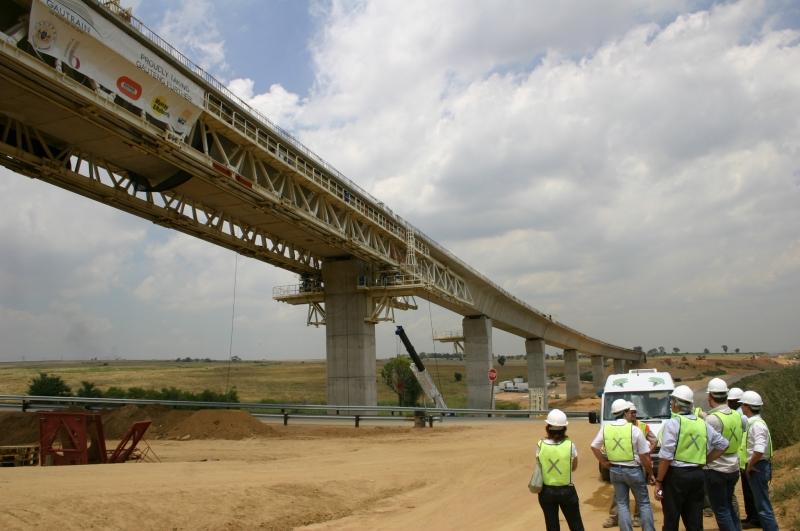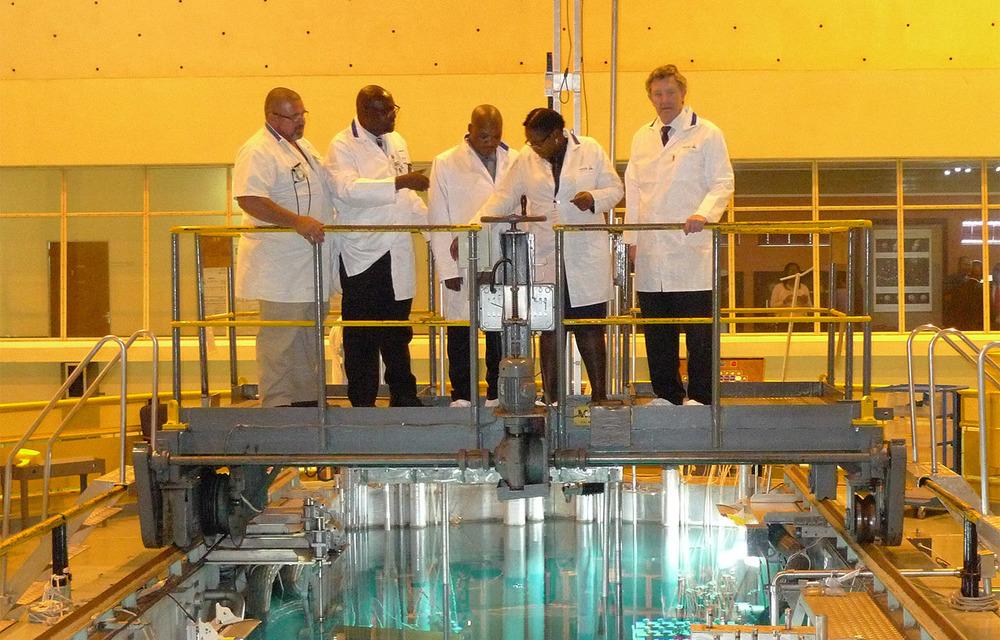Explore Our Bill Payment Services:

- Salary And Allowance
- Engineers Salary
- South Africa
Salary Structure And Allowances Of Structural Engineers In South Africa
Structural engineering is one of the most crucial branches of civil engineering, responsible for ensuring that buildings, bridges, and infrastructure can withstand the forces they face. In South Africa, structural engineers play a key role in shaping cities and supporting the nation’s economic growth. Naturally, many aspiring engineers and professionals in the field often ask: How much do structural engineers earn in South Africa?
The answer depends on factors like experience, qualifications, specialization, location, and even professional registration. In this article, we’ll explore the salary structure and allowances of structural engineers in South Africa, backed by data and real-life insights.
1. Salary Ranges by Experience Level
Like in most professions, structural engineering salaries rise with experience. From entry-level graduates to seasoned senior engineers, earnings vary significantly.
Entry-Level / Junior Structural Engineers (0–2 years)
Fresh graduates or engineers with less than two years of experience usually fall into this category.
-
Kashgain reports that entry-level structural engineers typically earn between ZAR 18,000–35,000 per month (roughly ZAR 216,000–420,000 per year).
-
Indeed places the average monthly salary of a junior structural engineer at R 16,740 (around R 200,000 annually).
-
According to real-life discussions on Reddit, some junior engineers take home about R 17,500 per month (after deductions for pension and medical aid), totaling around R 225,000 annually.
For young engineers, these salaries may seem modest, but they provide a stable foundation to grow in the field. Entry-level engineers often focus on gaining practical project experience, which sets the stage for higher pay.
Mid-Level Structural Engineers (3–9 years)
Once engineers have 3–9 years of experience, their earning potential increases significantly.
-
Kashgain data shows mid-level structural engineers earning between ZAR 35,000–60,000 per month, or ZAR 420,000–720,000 annually.
-
RollThePay provides more detail:
-
1–4 years of experience: ~R 377,689/year (~R 31,440/month)
-
5–9 years of experience: ~R 489,905/year (~R 40,825/month).
-
Mid-level engineers often take on more responsibility, including supervision of junior staff and involvement in project management. Those who specialize in software tools like Revit or SAP2000, or who work on complex projects such as bridges and high-rise buildings, tend to earn at the upper end of this range.
Senior Structural Engineers (10+ years)
The highest salaries go to senior engineers, many of whom have advanced skills, leadership responsibilities, and professional registration.
-
Kashgain estimates senior engineers earn between ZAR 60,000–100,000+ per month (ZAR 720,000–1.2 million+ annually).
-
Indeed reports an average base salary of R 1,011,734 per year for senior structural engineers.
-
Glassdoor suggests base pay ranges from ZAR 705k–1M annually, with additional cash compensation averaging ZAR 84,728 (ranging from ZAR 25k to 230k).
-
RollThePay notes that senior engineers with specialized skills such as finite element analysis (FEA) earn on average R 709,416 per year (~R 59,118/month), with potential earnings extending up to R 1.2 million annually. Bonuses and profit-sharing can add R 90,100 to R 157,500 to their total compensation.
At this stage, structural engineers are highly sought-after professionals, especially in large consulting firms or international projects.
Salary Summary Table
| Experience Level | Monthly Range (ZAR) | Annual Range (ZAR) |
|---|---|---|
| Entry-Level / Junior | 16,700 – 35,000 | ~200,000 – 420,000 |
| Mid-Level | ~31,000 – 60,000 | ~377,000 – 720,000 |
| Senior (10+ years) | ~60,000 – 100,000+ | ~720,000 – 1,200,000+ |
For context, Indeed puts the average structural engineer salary across all levels at about R 618,623/year, which is roughly R 51,550/month.
2. Geographic Differences in Pay
Where you work in South Africa also affects your pay. Salaries in big cities or wealthy regions are generally higher, reflecting the cost of living and availability of projects.
According to Indeed data:
-
Lynnwood Ridge, Gauteng: R 1,115,661/year
-
Gauteng (overall): R 866,197/year
-
Bellville, Western Cape: R 812,280/year
-
Durban: R 676,162/year
-
Johannesburg: R 659,280/year
-
Pretoria: R 644,832/year
-
Cape Town: R 621,972/year
Glassdoor adds that in Johannesburg, the average structural engineer earns ZAR 506,000/year, with a typical range between ZAR 430,000–663,000/year.
The trend is clear: Gauteng (the hub of commerce and construction) pays the most, while coastal cities like Durban and Cape Town are slightly lower.
3. Gender Pay Disparities and Salary Raises
Gender inequality still affects structural engineering salaries.
-
WorldSalaries reports:
-
Average male structural engineer: ZAR 363,000/year
-
Average female structural engineer: ZAR 340,000/year (~7% lower).
-
Additionally, structural engineers in South Africa typically see pay raises of about 11% every 18 months, which works out to about 7% annually. In the construction sector specifically, annual raises average 9%.
4. Allowances and Benefits Beyond Base Pay
One of the most attractive aspects of structural engineering compensation is that it extends beyond the base salary. Engineers often receive a package that includes allowances and benefits, which boost overall income.
-
Medical Aid – Most employers provide comprehensive health insurance or medical aid plans.
-
Retirement Contributions – Contributions to pension or provident funds are common.
-
Bonuses and Profit-Sharing –
-
Senior engineers may earn up to R 90,100 in bonuses, plus profit-sharing of up to R 157,500.
-
Glassdoor data indicates additional cash compensation averaging R 84,728 annually.
-
Civil engineers in related roles can expect R 6,000–58,700 annually in bonuses.
-
-
Travel / Site Allowances – Engineers working in remote areas or on-site may receive travel and lodging allowances.
-
Housing Allowances – Some employers provide housing support, especially in rural locations.
-
Professional Development – Many companies fund further studies, certifications, or conferences.
-
Company Vehicles – Medium to large firms sometimes offer company cars.
-
Performance-Based Bonuses – Based on individual performance, company performance, project milestones, or seasonal rewards.
Real-World Insight
On Reddit, one engineer explained that their company previously structured salary packages with tax-free subsistence and travel allowances, which boosted take-home pay. However, these were later scrapped when declared non-compliant. This highlights how allowances can vary between employers and are subject to regulatory changes.
5. The Role of Professional Registration (PrEng)
Professional registration with the Engineering Council of South Africa (ECSA) can have a significant impact on salaries.
-
A Reddit user with five years of experience earning R 500k annually noted that PrEng registration could boost pay by 20–30%, especially in large consulting firms.
In essence, obtaining the PrEng designation is one of the best ways for engineers to increase their marketability and earnings.
6. Challenges and Context
While structural engineering is rewarding, the profession comes with challenges that affect salaries and job security.
-
Economic Volatility – Salaries are tied to the health of the construction sector, which depends on government projects, private investments, and economic growth.
-
High Responsibility – Structural engineers carry a heavy burden; mistakes in design can lead to catastrophic consequences. This level of responsibility justifies higher pay but also adds stress.
-
Gender Gap – Women in the profession still earn less than men, despite similar qualifications.
-
Salary Structuring Risks – Attempts to structure pay packages for tax benefits can sometimes backfire, as seen in the Reddit example.
7. Future Outlook and Career Growth
Despite challenges, the future for structural engineers in South Africa looks promising, especially for those willing to specialize and upskill.
Specializations with High Earning Potential:
-
Earthquake-resistant design
-
Sustainable and green construction
-
Advanced Building Information Modeling (BIM)
-
Bridge and transportation infrastructure engineering
In-Demand Technical Skills:
-
AutoCAD
-
Revit
-
SAP2000
-
Autodesk Robot Structural Analysis
-
BIM methodologies
Career Paths:
-
Project Management and Leadership – Transitioning into managerial roles significantly increases pay.
-
Entrepreneurship – Some engineers start their own consultancies after years of experience.
-
International Opportunities – Skilled structural engineers can work abroad, often for higher salaries.
Final Thoughts
The salary structure of structural engineers in South Africa demonstrates the value of technical expertise, continuous learning, and professional growth.
-
Entry-level engineers start around R 200k per year,
-
Mid-level professionals climb to R 400k–700k annually,
-
Senior engineers can surpass R 1 million per year, especially with specialization and PrEng registration.
Beyond base pay, allowances such as housing, travel, bonuses, and company benefits significantly enhance total compensation.
For those willing to embrace the challenges of the profession, structural engineering offers not just financial rewards but also the satisfaction of creating structures that shape society for generations.









